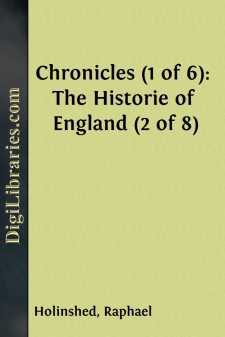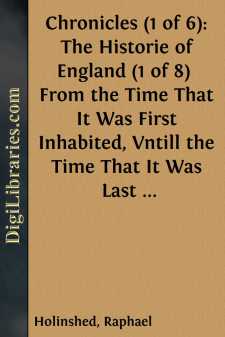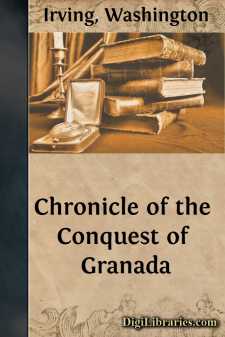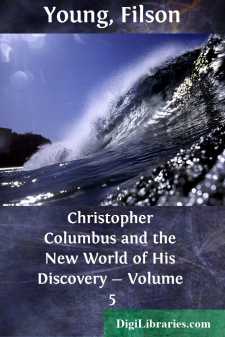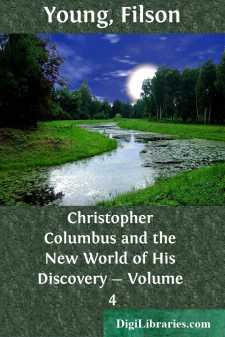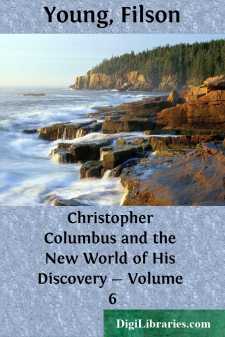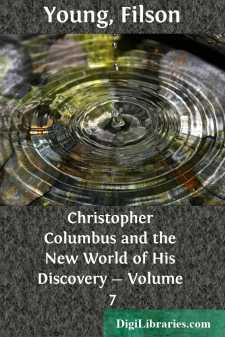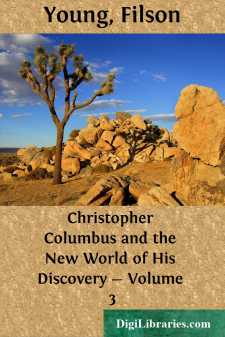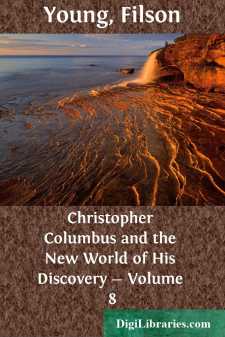History
- Africa 30
- Americas (North Central South West Indies) 50
- Ancient 68
- Asia 58
- Australia & New Zealand 8
- Canada 41
- Caribbean & West Indies 1
- Civilization 20
- Eastern Europe 12
- Europe 310
- Expeditions & Discoveries 60
- General 77
- Historical Geography 1
- Jewish 9
- Latin America 3
- Medieval 8
- Middle East 13
- Military 248
- Revolutionary 8
- Study & Teaching 5
- United States 353
- Western Europe 56
- World 13
History Books
Sort by:
THE FIRST CHAPTER. Hitherto haue we spoken of the inhabitants of this Ile before the comming of Brute, although some will néeds haue it, that he was the first which inhabited the same with his people descended of the Troians, some few giants onelie excepted whom he vtterlie destroied, and left not one of them aliue through the whole Ile. But as we shall not doubt of Brutes comming hither, so may we...
more...
THE FIRST CHAPTER. What manner of people did first inhabite this our country, which hath most generallie and of longest continuance béene knowne among all nations by the name of Britaine as yet is not certeinly knowne; neither can it be decided frÐâ¦ÐÐ whence the first inhabitants there of came, by reason of such diuersitie in iudgements as haue risen amongst the learned in this The...
more...
INTRODUCTION. Although the following Chronicle bears the name of the venerable Fray Antonio Agapida, it is rather a superstructure reared upon the fragments which remain of his work. It may be asked, Who is this same Agapida, who is cited with such deference, yet whose name is not to be found in any of the catalogues of Spanish authors? The question is hard to answer. He appears to have been one of the...
more...
INTRODUCTORY NOTE Jean Froissart, the most representative of the chroniclers of the later Middle Ages, was born at Valenciennes in 1337. The Chronicle which, more than his poetry, has kept his fame alive, was undertaken when he was only twenty; the first book was written in its earliest form by 1369; and he kept revising and enlarging the work to the end of his life. In 1361 he went to England, entered...
more...
by:
Filson Young
CHAPTER I THE VOYAGE TO CUBA The sight of the greater part of their fleet disappearing in the direction of home threw back the unstable Spanish colony into doubt and despondency. The brief encouragement afforded by Ojeda's report soon died away, and the actual discomforts of life in Isabella were more important than visionary luxuries that seemed to recede into the distance with the vanishing...
more...
by:
Filson Young
THE HOUR OF TRIUMPH From the moment when Columbus set foot on Spanish soil in the spring of 1493 he was surrounded by a fame and glory which, although they were transient, were of a splendour such as few other men can have ever experienced. He had not merely discovered a country, he had discovered a world. He had not merely made a profitable expedition; he had brought the promise of untold wealth to...
more...
by:
Filson Young
THE THIRD VOYAGE Columbus was at sea again; firm ground to him, although so treacherous and unstable to most of us; and as he saw the Spanish coast sinking down on the horizon he could shake himself free from his troubles, and feel that once more he was in a situation of which he was master. He first touched at Porto Santo, where, if the story of his residence there be true, there must have been potent...
more...
by:
Filson Young
DEGRADATION The first things seen by Francisco de Bobadilla when he entered the harbour of San Domingo on the morning of the 23rd of August 1500 were the bodies of several Spaniards, hanging from a gibbet near the water-side —a grim confirmation of what he had heard about the troubled state of the island. While he was waiting for the tide so that he might enter the harbour a boat put off from shore...
more...
by:
Filson Young
CHAPTER I THE ENCHANTED ISLANDS Columbus did not intend to remain long at San Salvador. His landfall there, although it signified the realisation of one part of his dream, was only the starting-point of his explorations in the New World. Now that he had made good his undertaking to "discover new lands," he had to make good his assurance that they were full of wealth and would swell the revenues...
more...
by:
Filson Young
RELIEF OF THE ADMIRAL There was no further difficulty about provisions, which were punctually brought by the natives on the old terms; but the familiar, spirit of sedition began to work again among the unhappy Spaniards, and once more a mutiny, led this time by the apothecary Bernardo, took form—the intention being to seize the remaining canoes and attempt to reach Espanola. This was the point at...
more...


